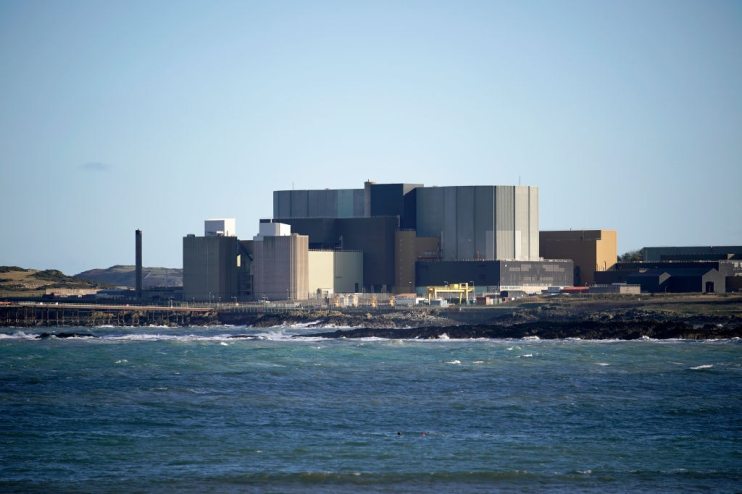Kwarteng: Nuclear power will add less than £1 per month to energy bills

Business Secretary Kwasi Kwarteng has sought to clear up comments he made earlier this morning, when he revealed ramping up nuclear power will add costs to household energy bills.
He told the BBC that commissioning the construct of new nuclear plants may have a “small effect” on bills.
Taking to social media, Kwarteng explained that a large nuclear power plant will add less than £1 per month to energy bills during the construction phase.
He tweeted: “This will ultimately lower the cost of financing projects, saving consumers £30bn on each new plant over its lifetime.”
The government has committed to ramping up nuclear power generation, with the energy source being a key feature in the UK’s supply security strategy.
Kwarteng’s comments follow the government launching the £120m Future Nuclear Enabling Fund today, which aims to down the cost of nuclear power by attracting new players into the market.
The new fund builds on the Nuclear Financing Bill last October – which places nuclear projects under the regulatory asset base model, meaning that public funds will be used to begin the initial construction phases of nuclear projects before private investment is brought in.
“Nuclear is central to our long-term plan to bolster the UK’s energy security with cheaper, cleaner, home-grown power, while creating thousands of high-skilled jobs across our country,” Kwarteng said.
Government bets big on nuclear
Downing Street is targeting a four-fold increase in nuclear power output from 6.9 gigawatts (GW) to 24GW by 2050, as the country targets both net zero carbon emissions and energy independence from overseas suppliers.
The transformation of the country’s nuclear sector will be overseen by its new delivery arm, Great British Nuclear.
The intention is to encourage domestic backing for power plants, and to ensure projects get off the ground through the most expensive stage.
Costs would be added on to energy bills, but this would be mitigated by considerably lower costs in generating power.
The enabling fund will be used to approve eight further reactors this decade, as part of Prime Minister Boris Johnson’s ‘big bet’ on nuclear power.
Current nuclear plans include the completion of Hinkley Point C – for the eye-watering cost of £23bn – during the middle of this decade.
It also includes the construction of Sizewell C and that backing of small, modular reactors backed by Rolls Royce.
As it stands, nuclear power generates 16 per cent of the UK’s electricity demand, but the generation from existing plants is expected to halve by the ned of the decade, with six reactors set for closure by 2035.
If the government’s pledged ramp up is successful, nuclear power will meet 25 per cent of the UK’s energy needs.